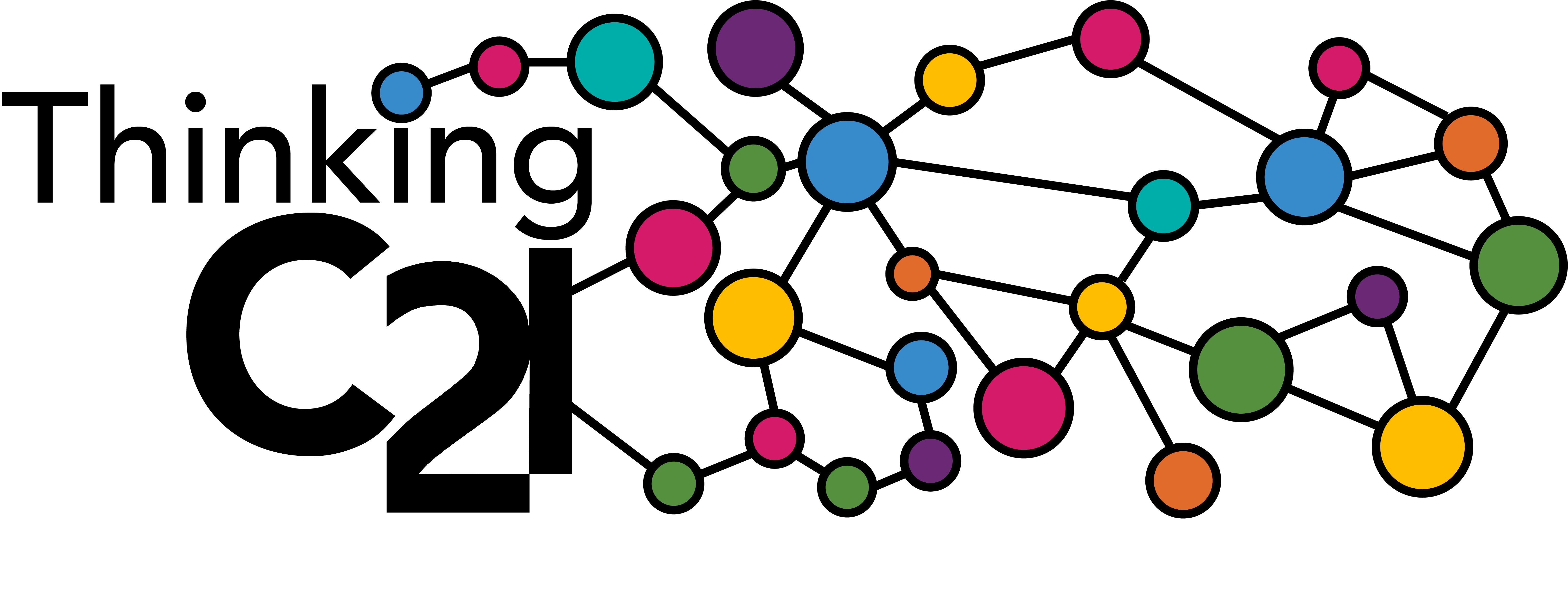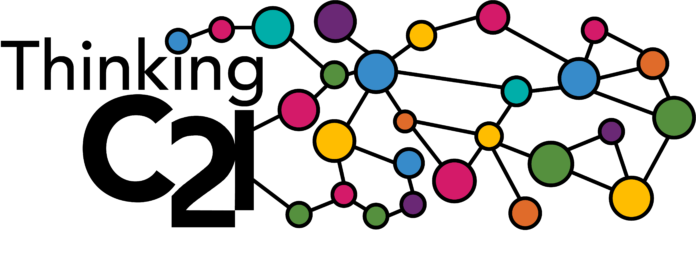
By Randolph Marcum
It runs the risk of sounding trite this late into the pandemic, but it’s worth saying here: the last couple of years have been extremely hard. I feel this is doubly so for graduate students like myself who have seen their research processes disturbed and their writing practices disrupted in the face of global catastrophe. Conference presentations have been cancelled, travel plans set aside, and defense dates pushed back indefinitely. That is why, this past spring break, the graduate fellows of C21—Laya Liebseller, Nasim Shareghi, and myself—hosted a two-day Writing Retreat for UWM graduate students. Participants included writers at various stages in their graduate careers including first year master’s students in environmental engineering and final semester doctoral students in the health sciences.
We sought to make the Writing Retreat a space to discuss the myriad pains and joys of writing. We envisioned it as a place where graduate students could find community and fellowship with each other—where they could share resources and advice for when things feel overwhelming. Above all, we wanted it to be a place where they could say honestly and out loud one of the central truths of contemporary graduate work: that it is difficult and isolating, particularly in the shadow of the COVID-19 pandemic. It is easy to feel lonely doing the work of a graduate student. If nothing else, it was helpful to hear the same from fellow graduate students across the disciplines.
The first day of the Writing Retreat, the participants spent most of their time talking to one another, asking questions like “what are the challenges we have faced writing and researching in the pandemic?,” and “what processes can we establish to ensurethat we are meeting the challenges facing us as graduate students?”.
From there, we listened to representatives from various campus resources. Carrie Fleider from Norris Health Center came by to discuss the symptoms and treatments of burnout in graduate students, and Dean of Students Adam Jussel stopped by to discuss the work done by his office to support graduate students. We listened to a round table featuring graduate students Alexis Jordan and Luke Konkol and Professor Amanda Seligman, who talked over the specific challenges of research in the pandemic. They expressed the challenges faced in the flattening of time into a single continuous “now”, and the seemingly impossible task of making timely progress in one’s work. Finally, we ended that first day by discussing self-compassion through setting achievable writing goals. I presented a PowerPoint presentation that emphasized one of the most important practices a student can develop throughout graduate school: writing every day. Much of the presentation was adapted from Joan Bolker’s excellent book Writing Your Dissertation in Fifteen Minutes a Day. Together we covered some of the excellent advice the book holds, including:
- Pay attention to yourself as a writer. Your own work habits must be the result of a carefully considered reflection of what works for you, which means you must, in Bolker’s words, “take your own work habits as seriously as you take the material you’re working on.”
- Set achievable writing goals and work on them every day. Even dedicating only ten minutes a day to writing will yield useful material.
- Establish a consistent pattern of writing behavior using positive reinforcement. Reward yourself for meeting your achievable goals so that you will associate writing with something positive.
- Use free writing to get material down onto the page. Writing without stopping sparks ideas, and you would be surprised at how useful these ideas can be when you look back over them.
- When you have finished free writing, pick out words, phrases, or sentences that seem interesting, provocative, or resonant, and try writing beginning with them.
- Write first, and then outline. Instead of trying to enforce order on writing that doesn’t exist yet, you will be enforcing order on something that has already been written.
The second and final day was devoted almost solely to writing time. Writers came in and out of the Zoom room, sharing playlists of inspiring songs or what they were eating for lunch in the chat during breaks. Small things, yes, but on a personal note, it was the closest I have felt to my fellow graduate students in a long time because we were all in one place, all pulling in the same direction. That is a rare thing nowadays, and worth cherishing when you can find it.
The Writing Retreat will continue in the future. In the meantime, C21 and the graduate fellows wish to continue the conversations surrounding research and writing in the pandemic and invites graduate students from across the disciplines at UWM to share their experiences. To that end, we are proud to announce 3.25 Minutes With…, a podcast series showcases UWM graduate students. You can find the Call for Submissions here, but briefly, graduate students can record a podcast centering the following questions:
- How do you conduct research in a global pandemic?
- What institutional and personal structures, systems, and/or practices have helped make the research process sustainable?
- What issues—including loneliness—have you had to deal with that either arose during or were exacerbated by the pandemic?
Submissions will be hosted on C21’s podcast and will be advertised through our official channels. Moreover, two reflections will be selected for publication in a forthcoming C21 publication on the cultural dimensions of loneliness called “Lonely No More!” We look forward to listening to your contributions!






